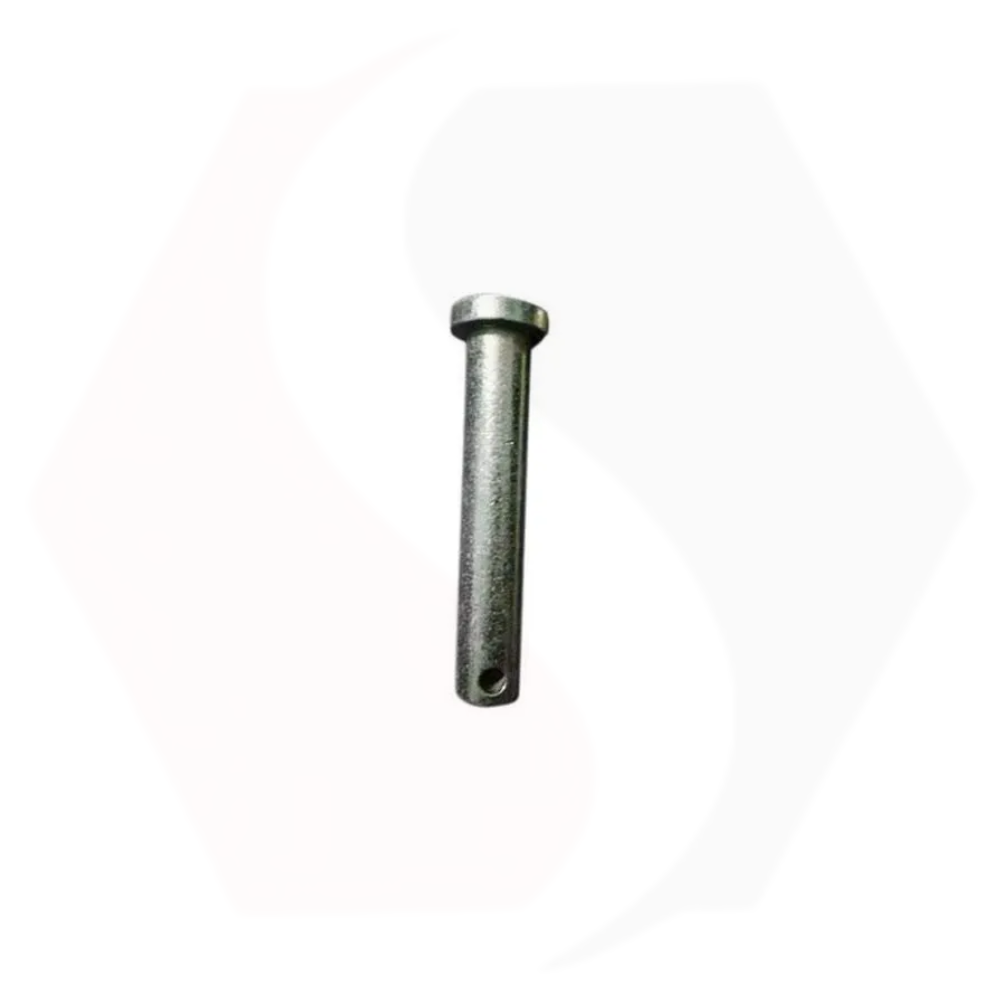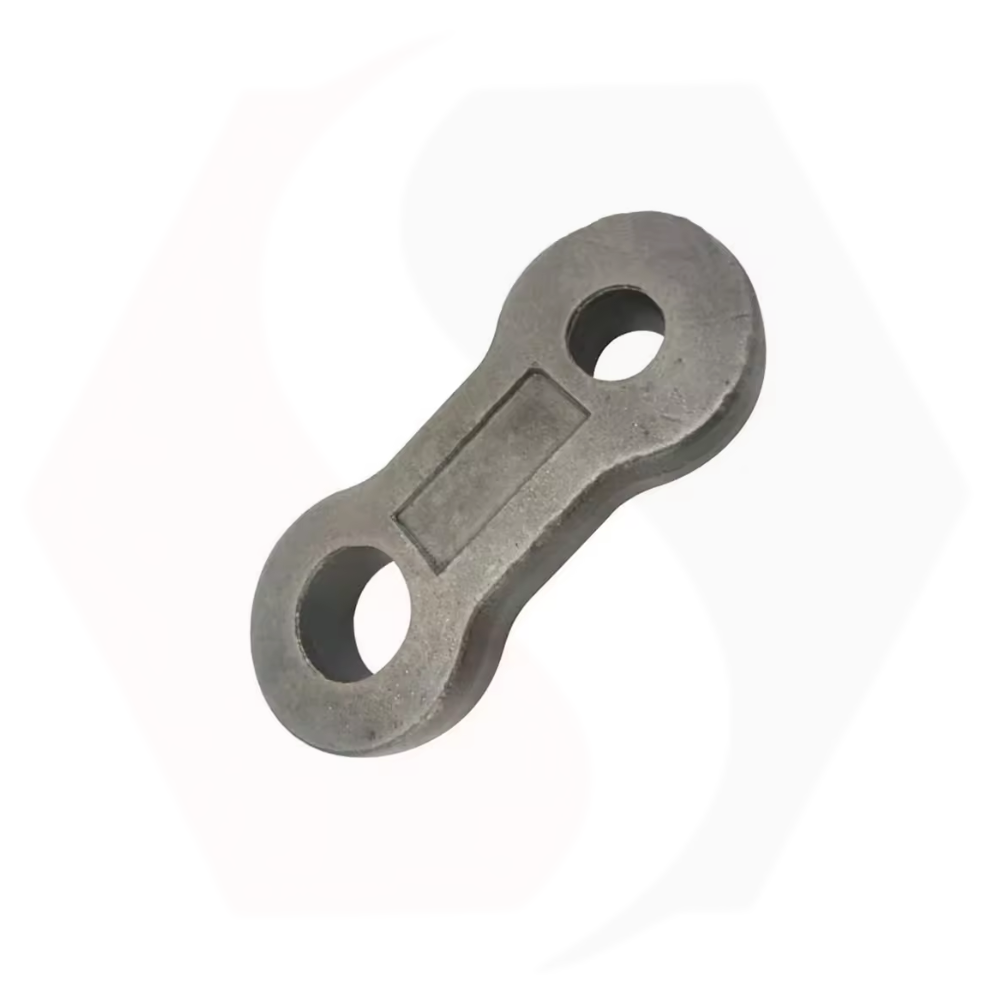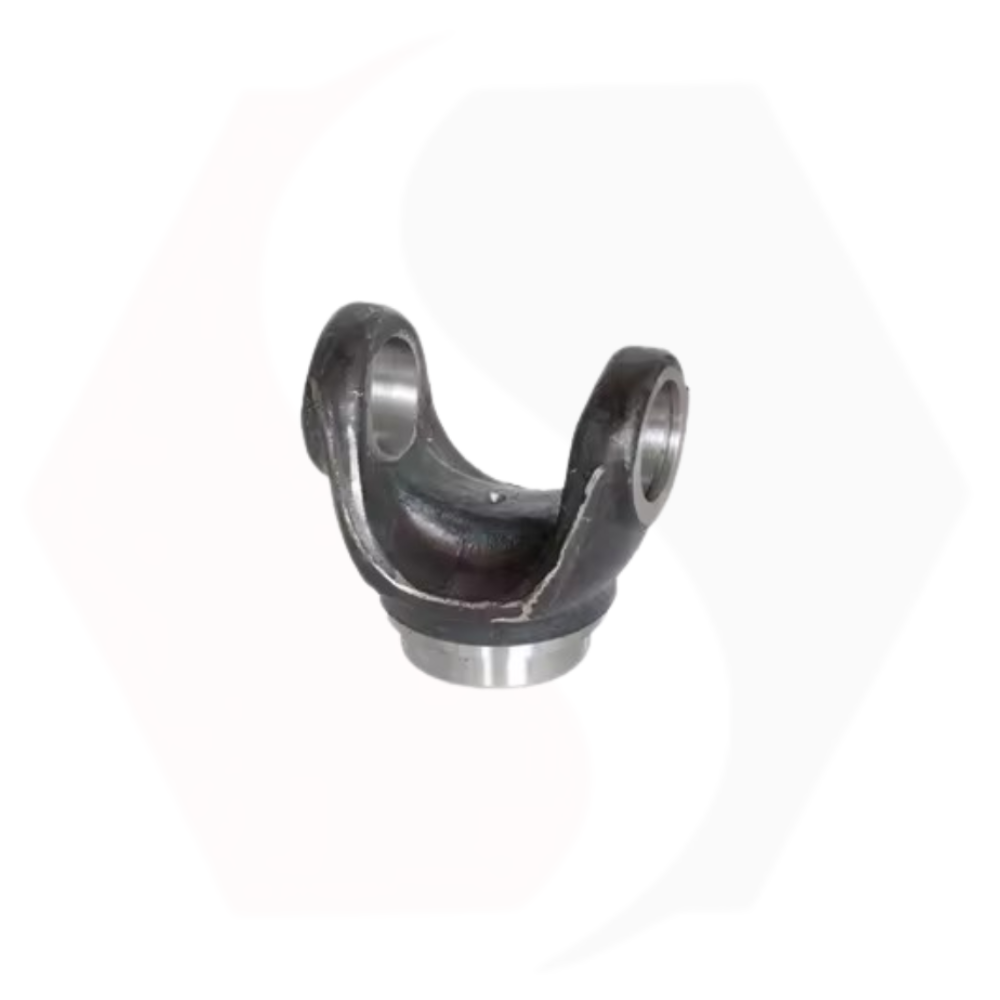Forging Precision Component
Price 40 INR/ Piece
Forging Precision Component Specification
- Process
- Hot Forging
- Surface Treatment
- zinc Plating
- Product Type
- Forged Products
- Material
- Other
- Technology
- Forging
- Application
- Other
- Weight
- 30 gram To 7 kg Grams (g)
- Color
- As Per Forge
Forging Precision Component Trade Information
- Minimum Order Quantity
- 5000 Pieces
- Main Export Market(s)
- Asia
- Main Domestic Market
- All India
- Certifications
- ISO 9001
About Forging Precision Component
"Forging precision components are meticulously crafted metal parts produced through advanced forging techniques to achieve exact dimensions, superior strength, and excellent surface finish. These components are essential in industries such as aerospace, automotive, medical, and industrial machinery, where high accuracy and reliability are critical."
Keywords:
* Forging precision component
* Precision forged parts
* High-accuracy forged components
* Forged metal precision parts
* Custom precision forging
* Precision forging manufacturer
* Forged aerospace components
* Automotive precision forged parts
* Industrial precision forged components
* High-strength precision forged parts
* Forging with tight tolerances
* Durable precision forged components
* Precision forged machinery parts
* CNC forged precision components
* Forging process precision parts
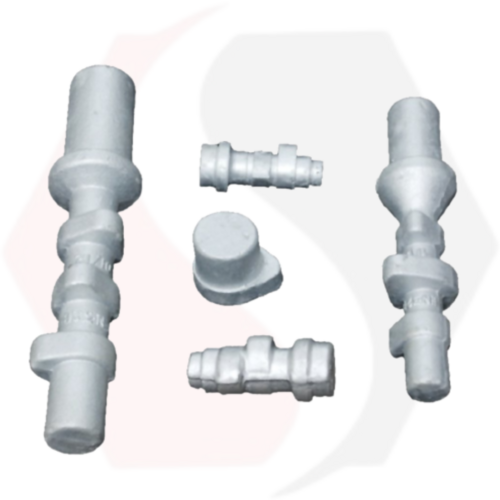
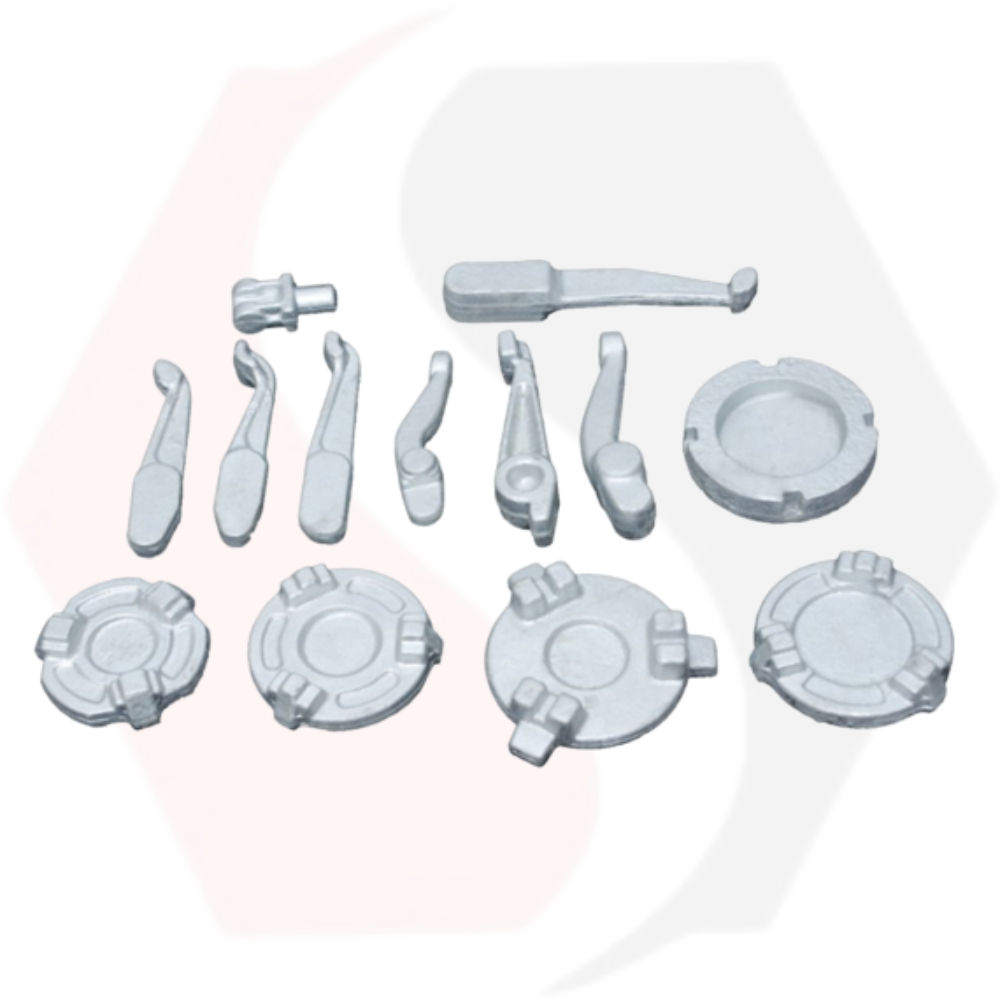
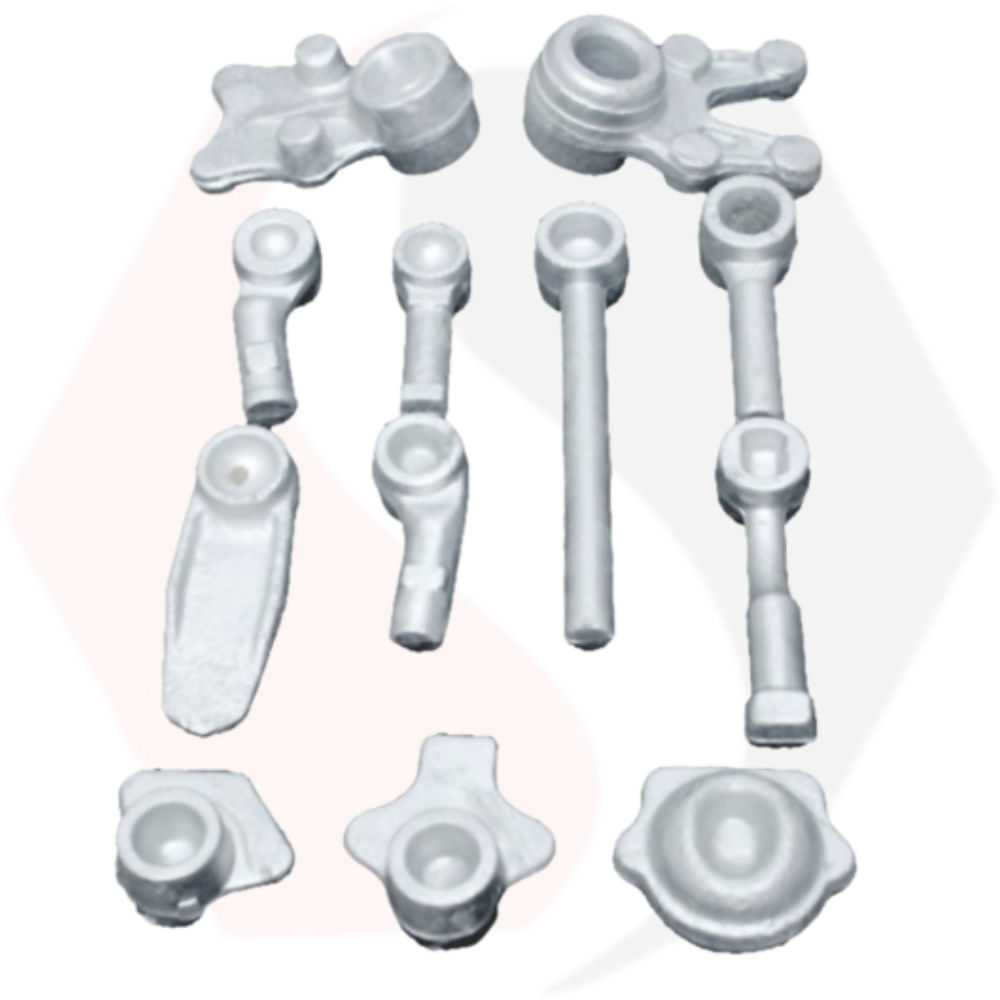
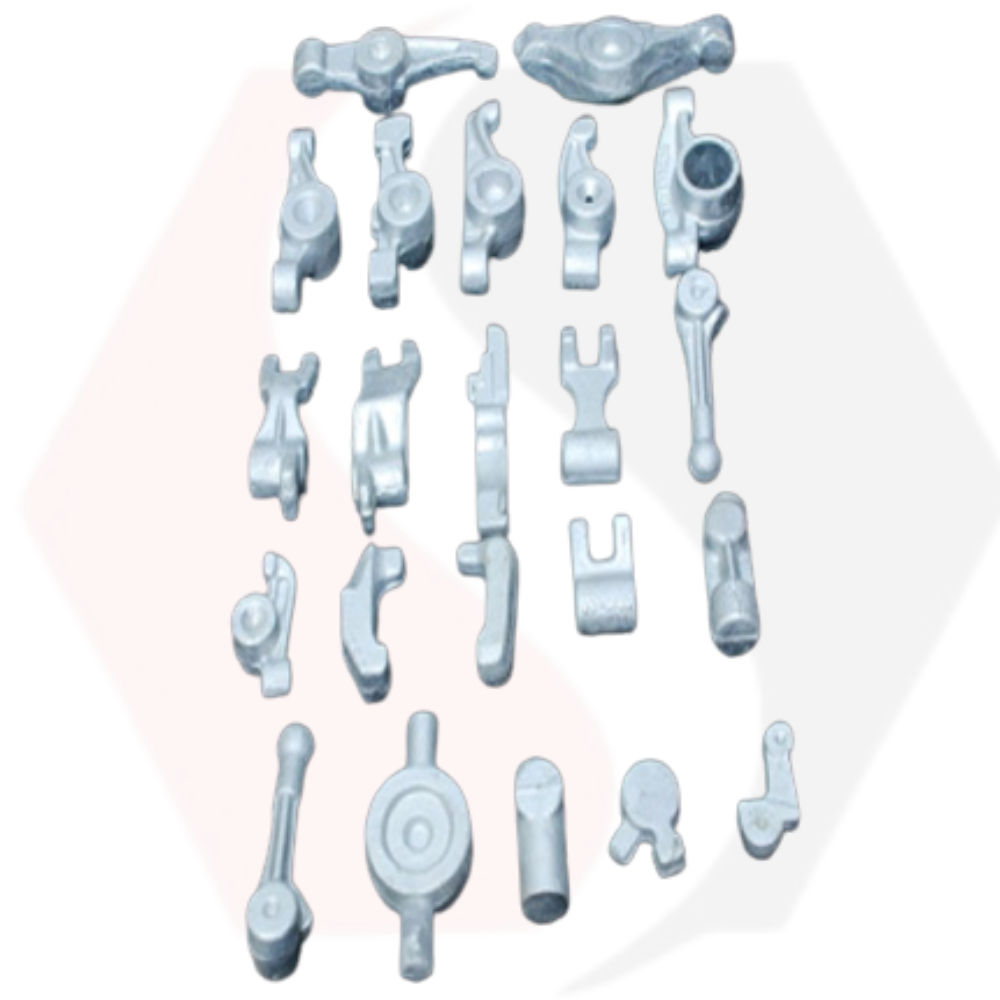
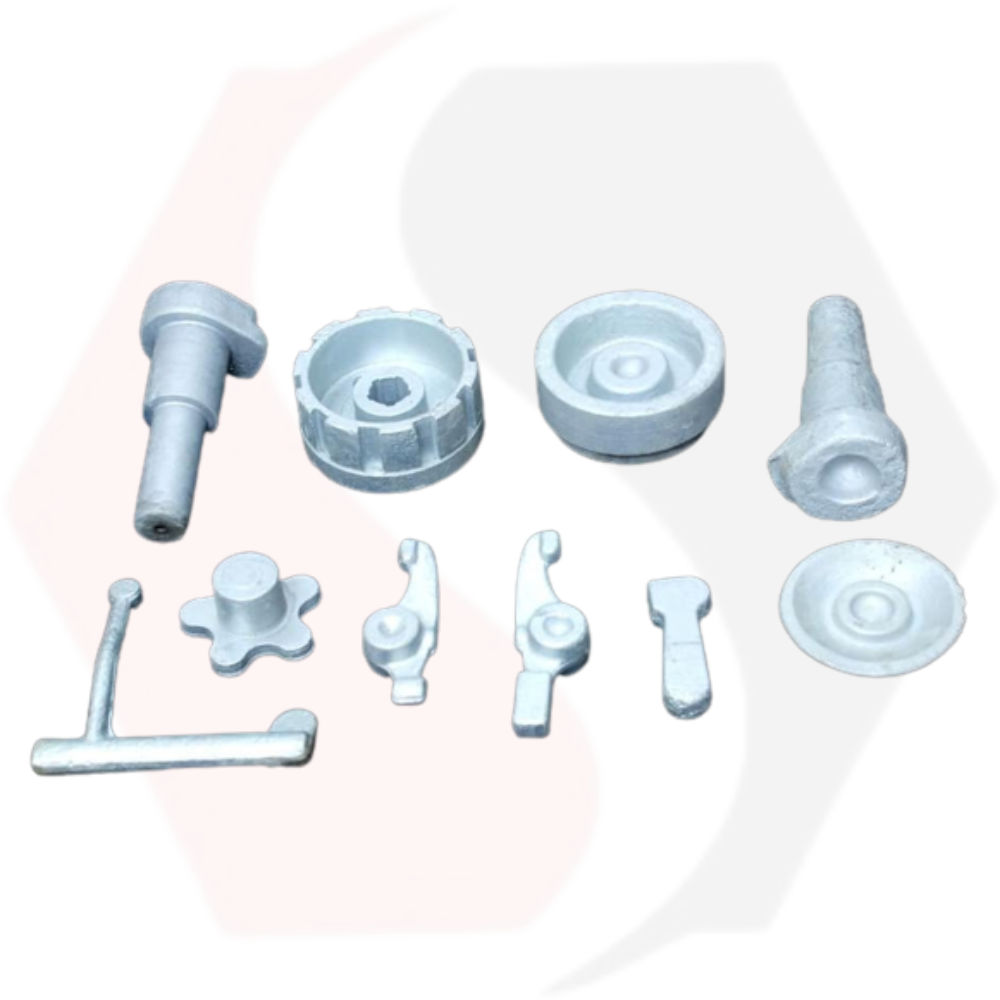
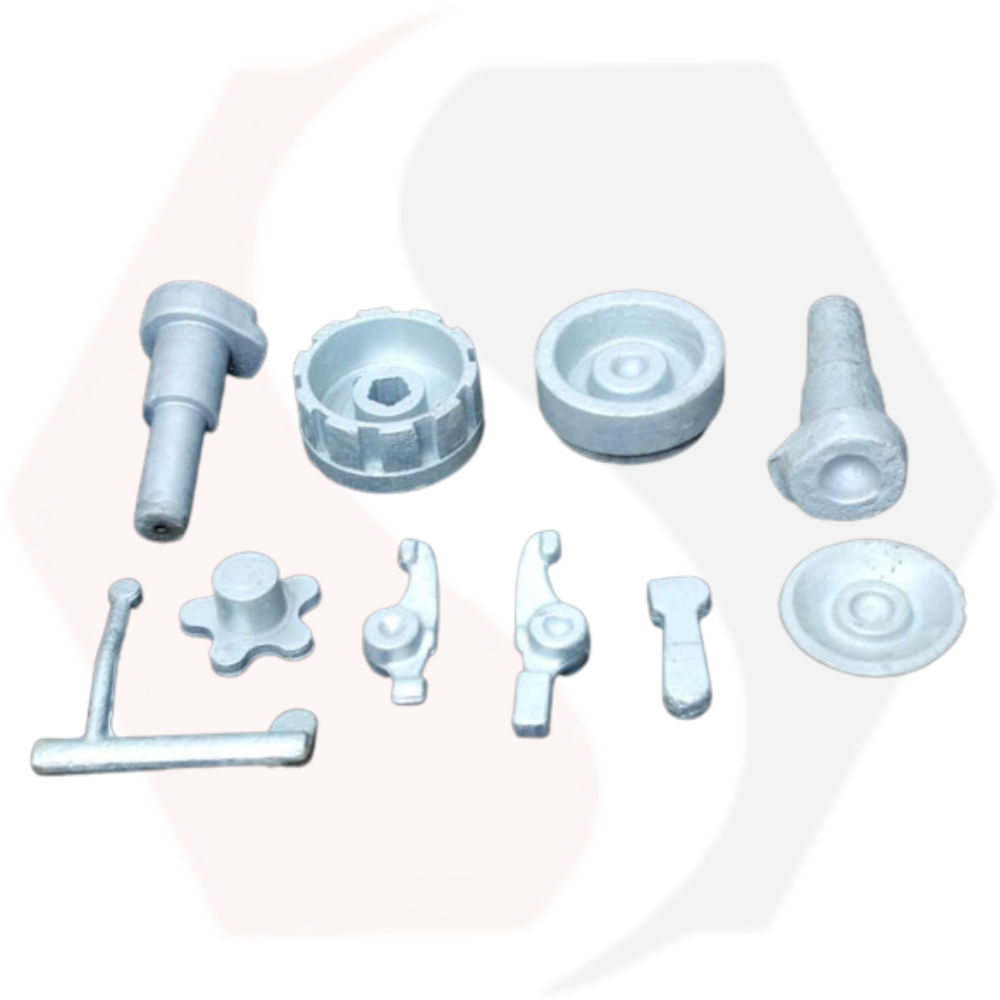
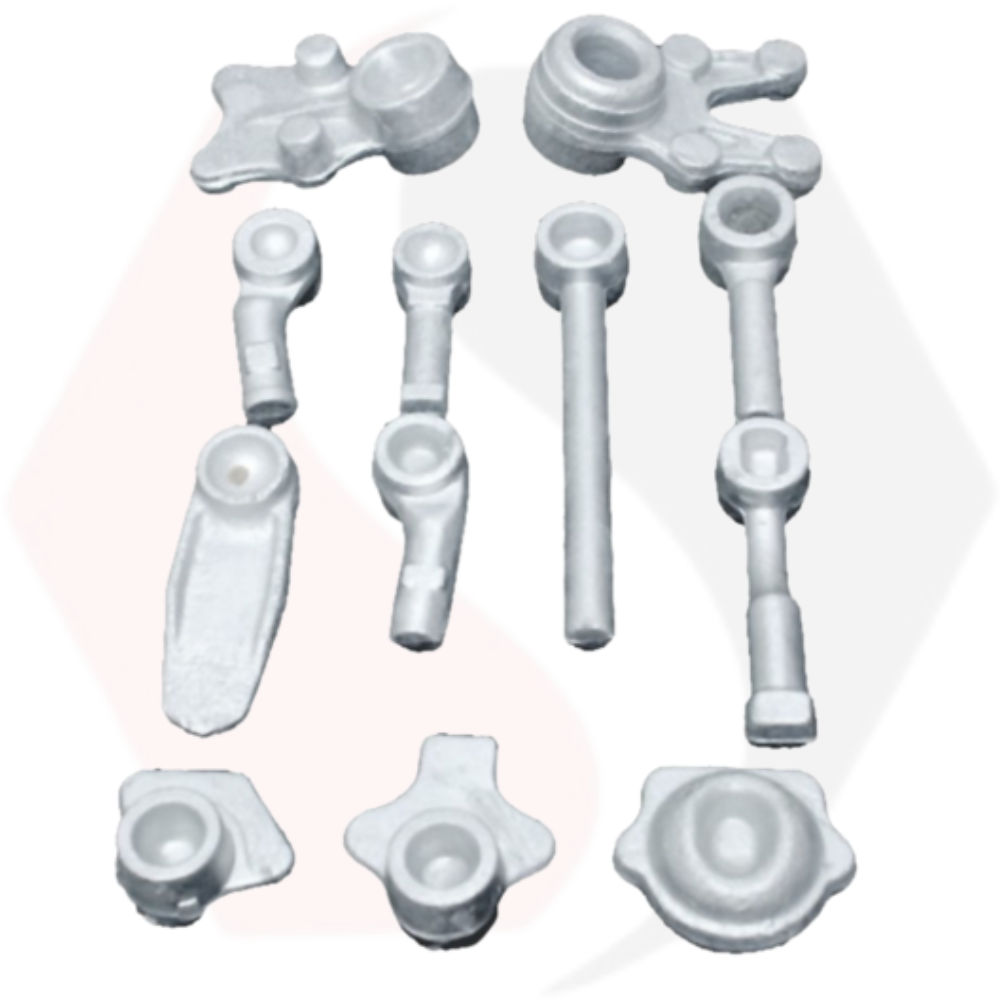
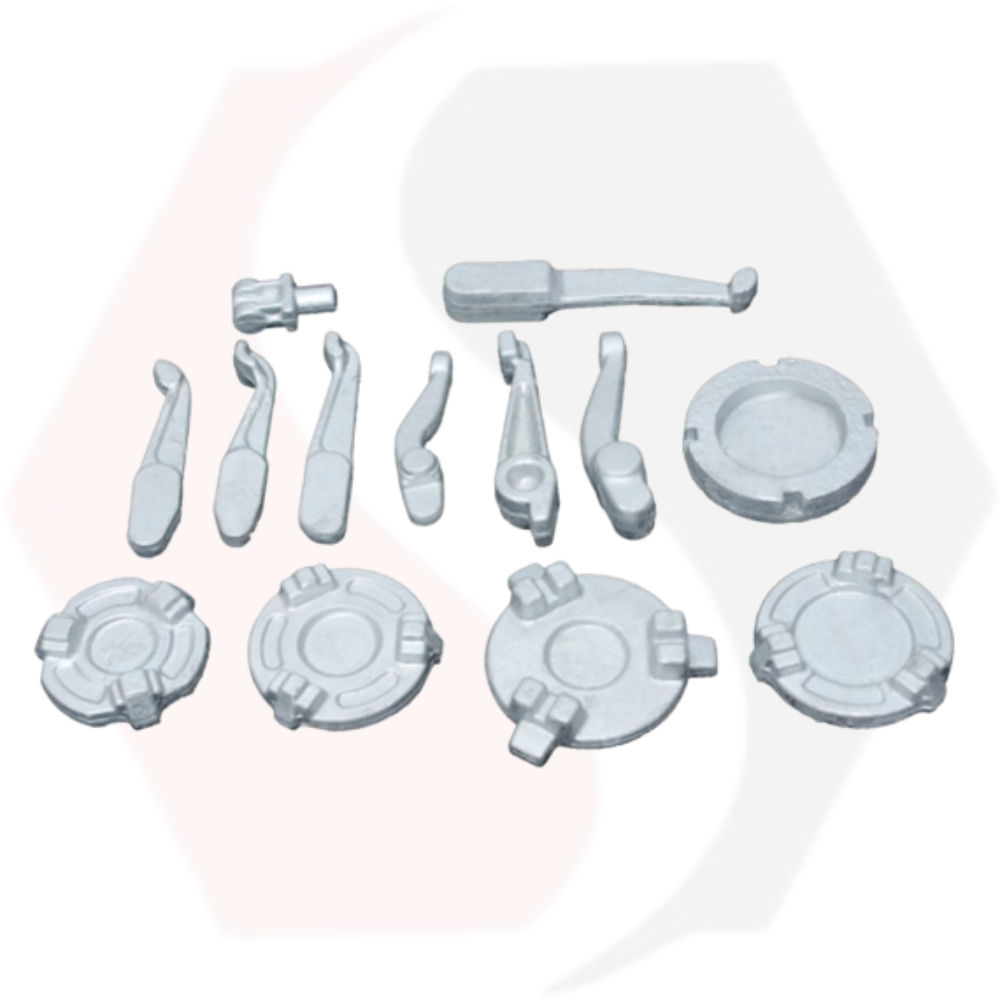
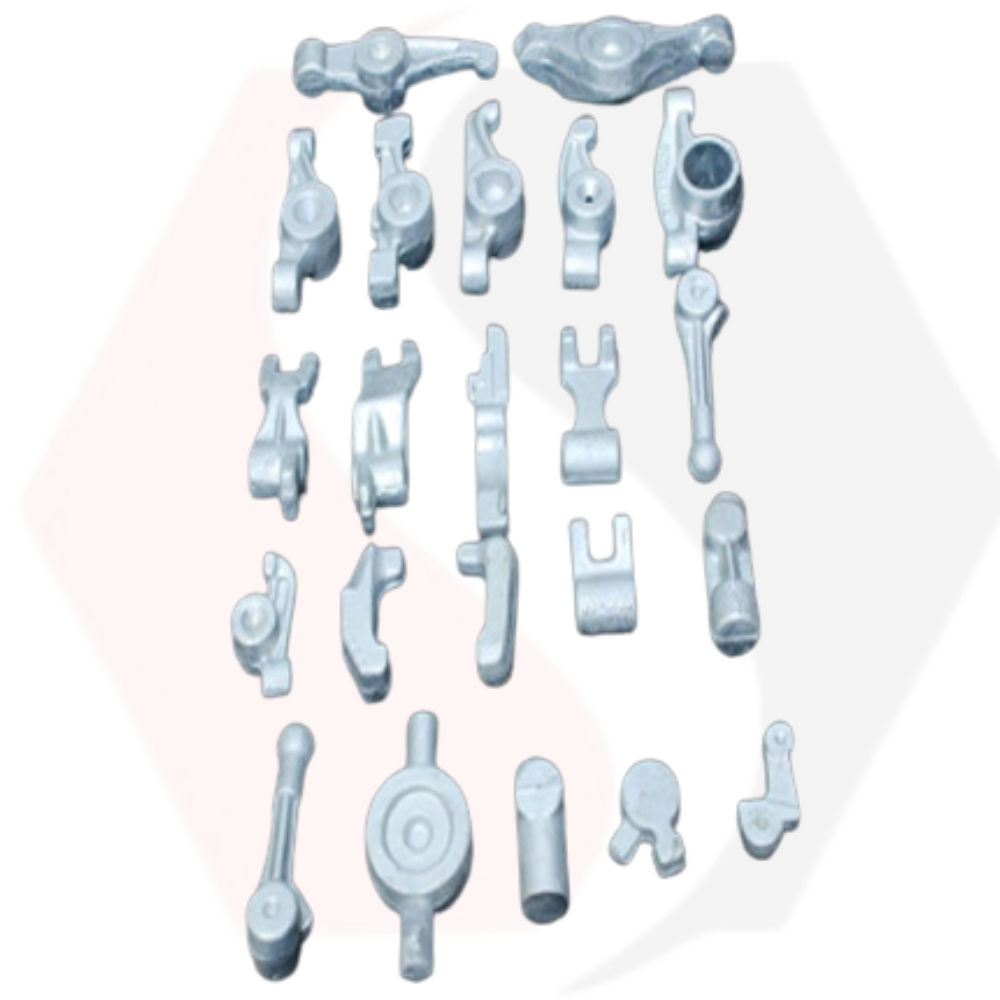
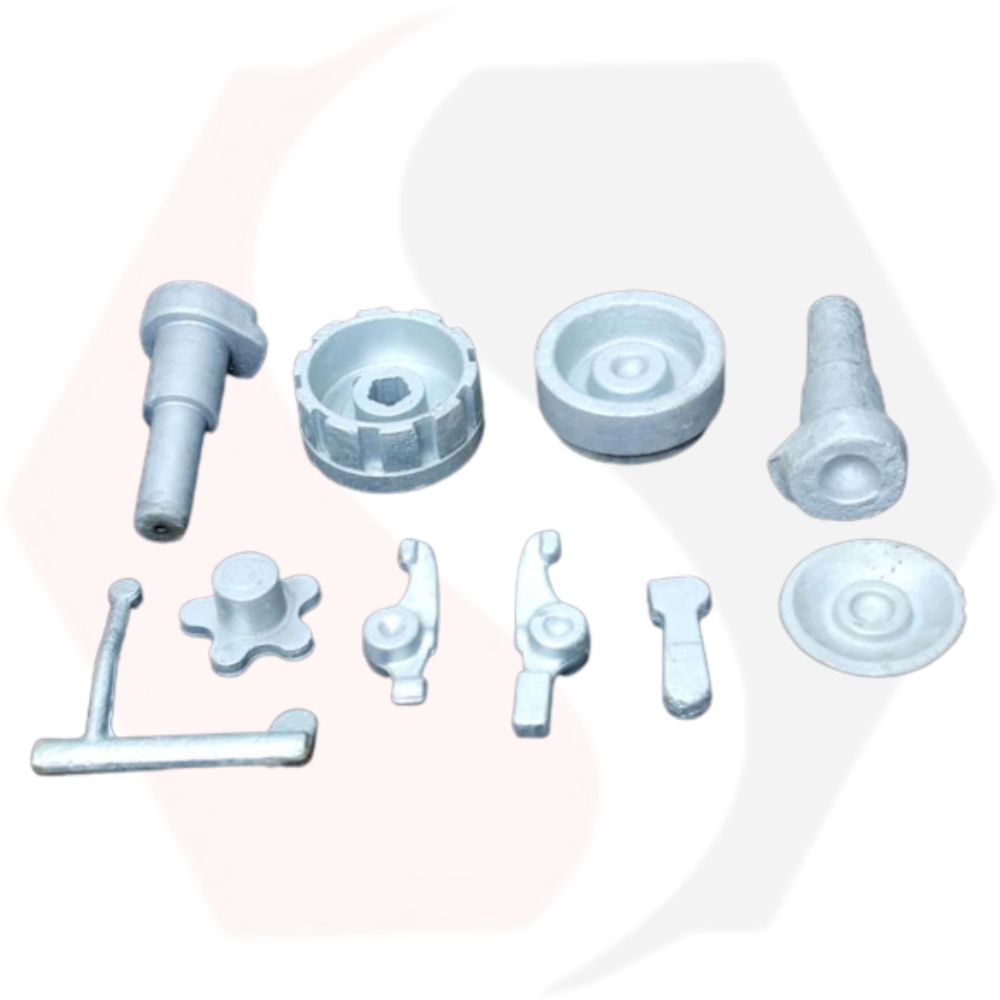
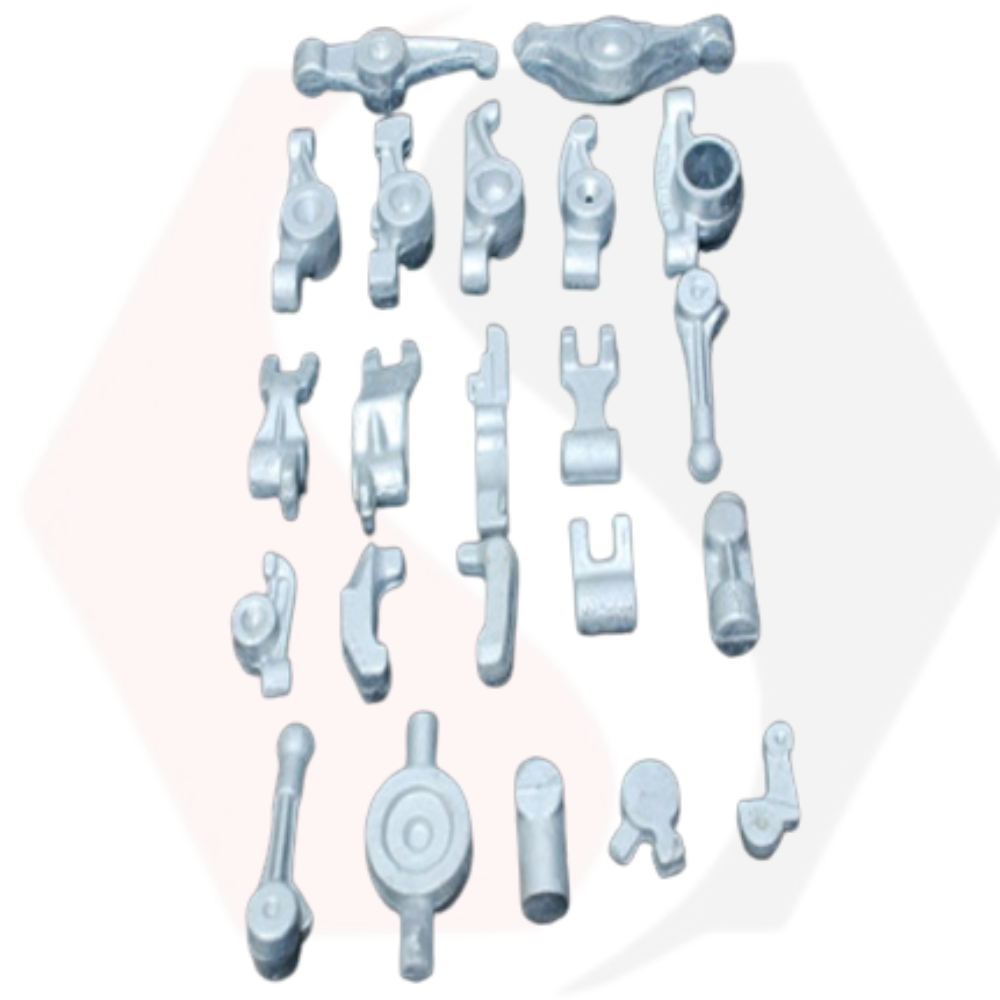
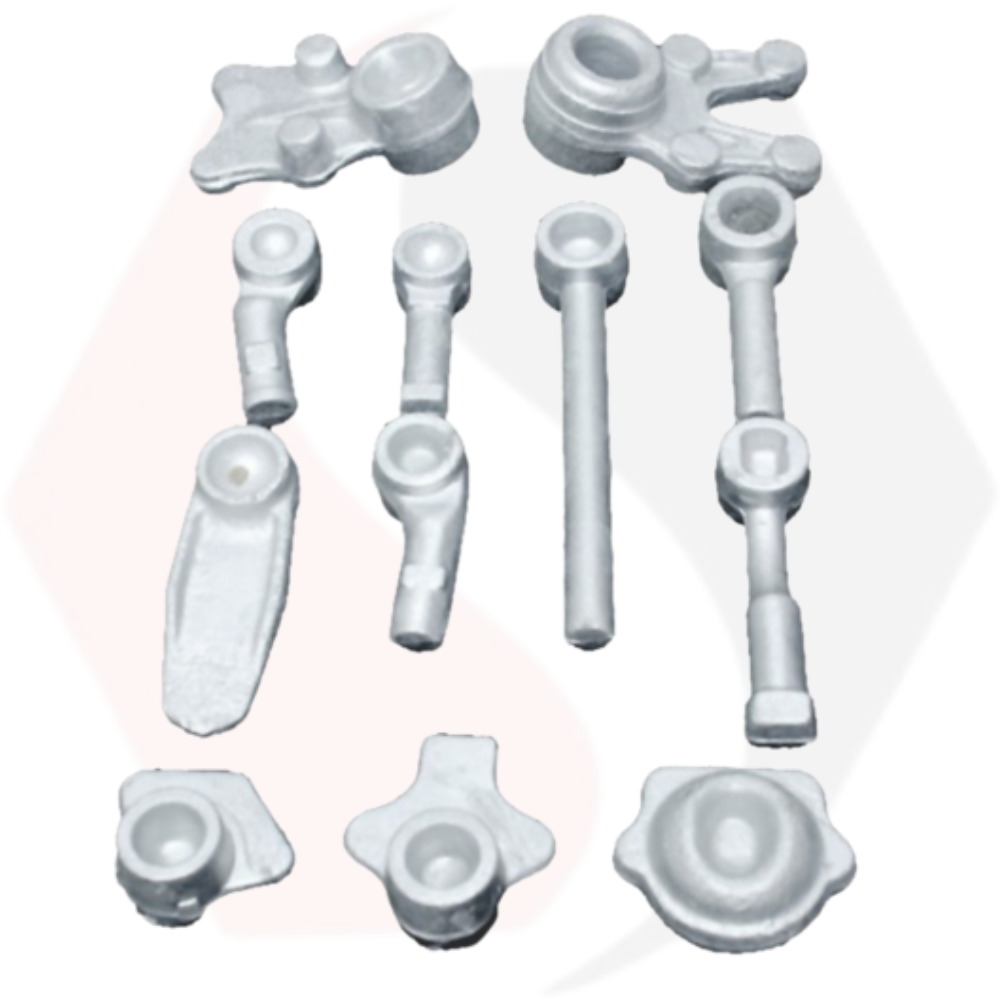
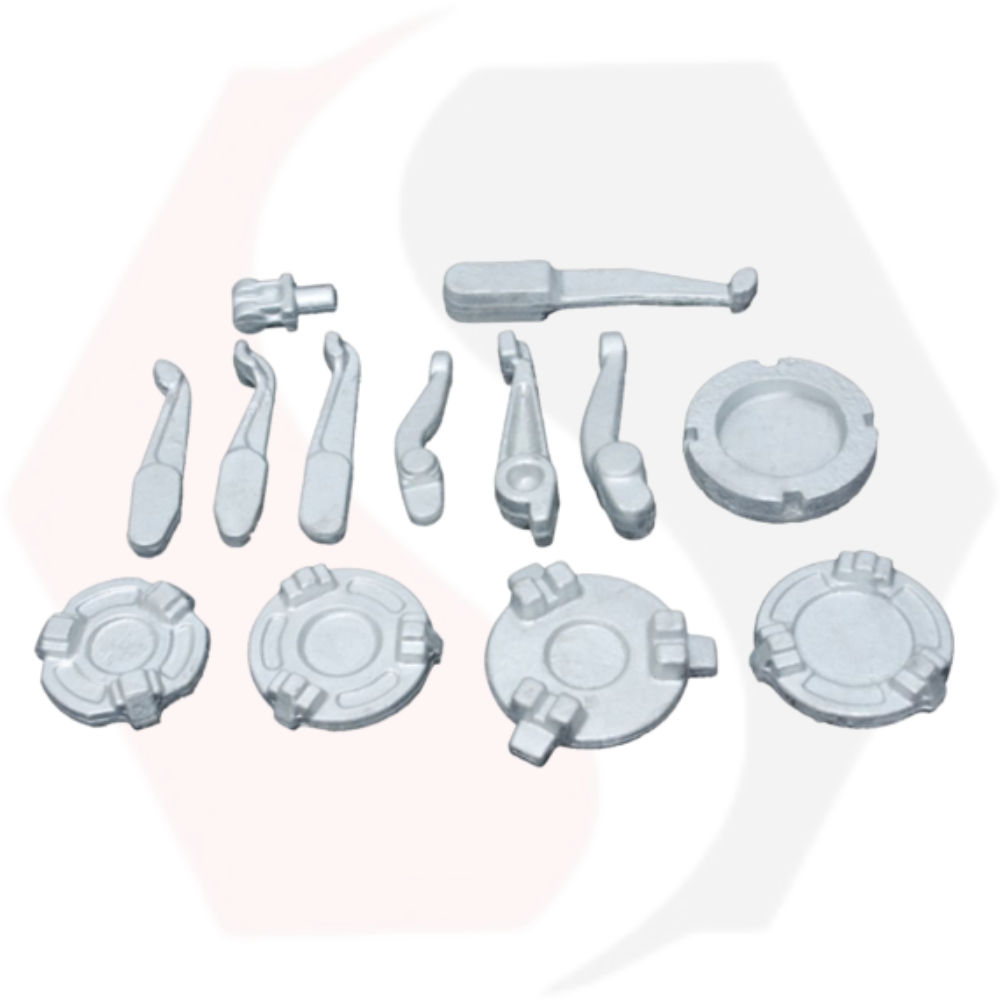
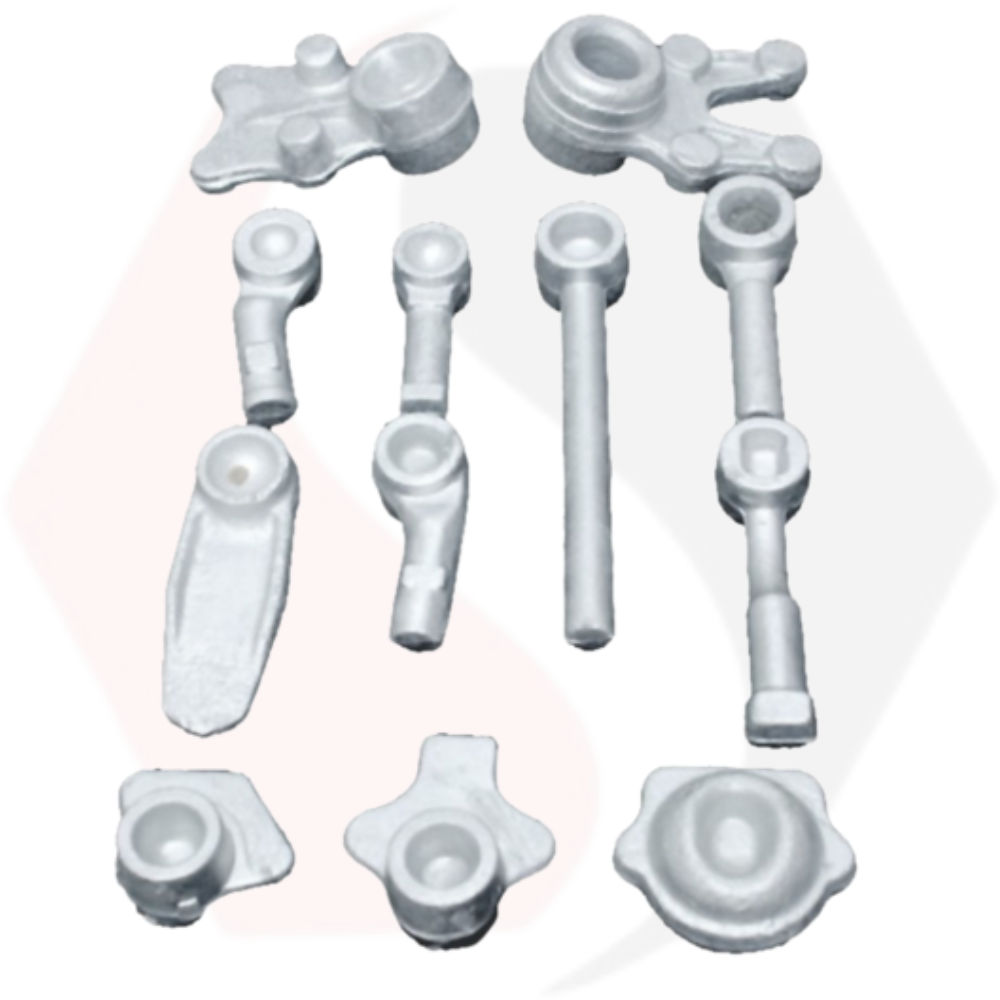
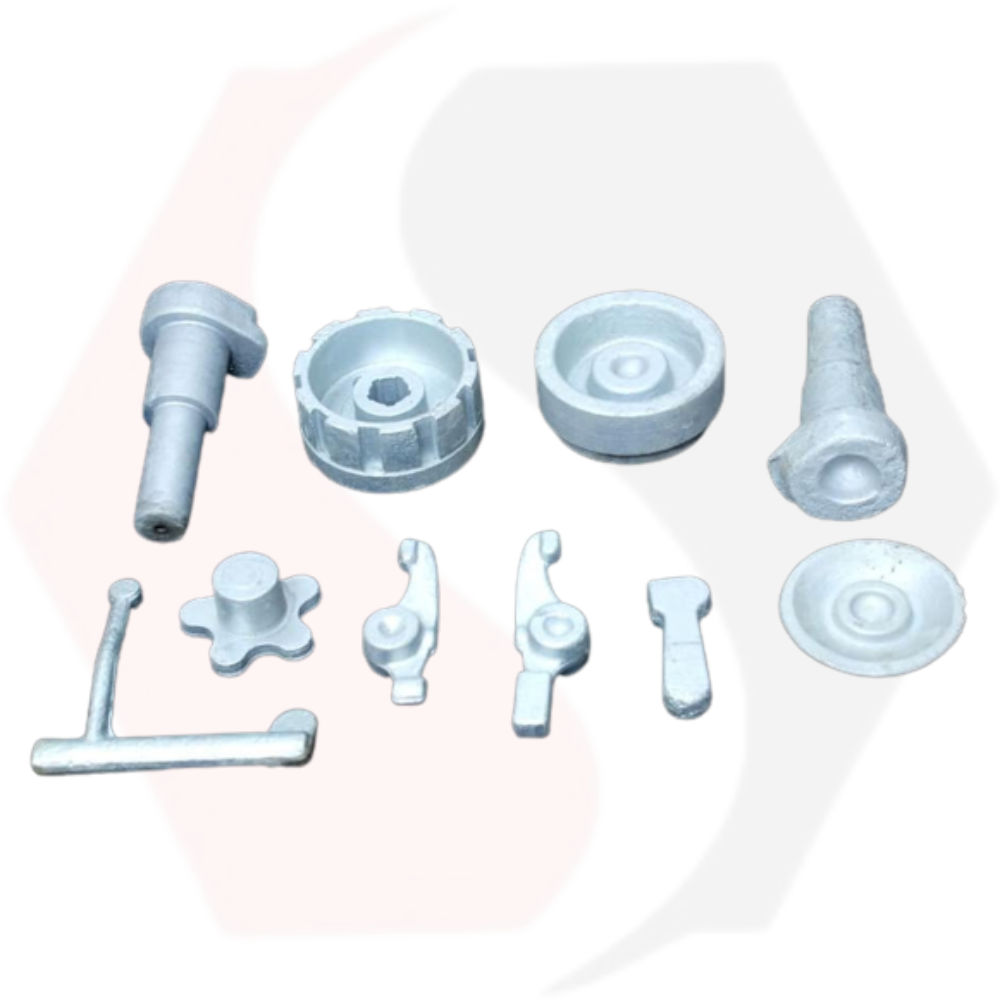
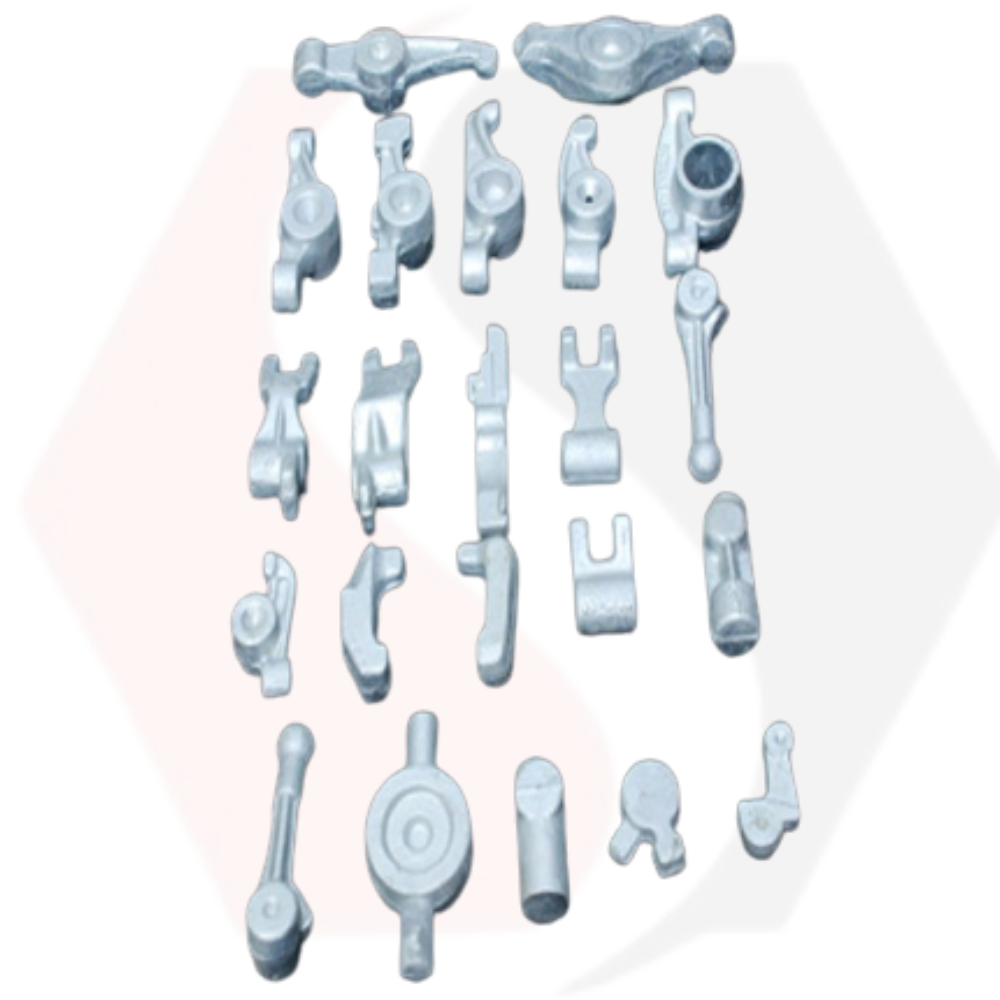
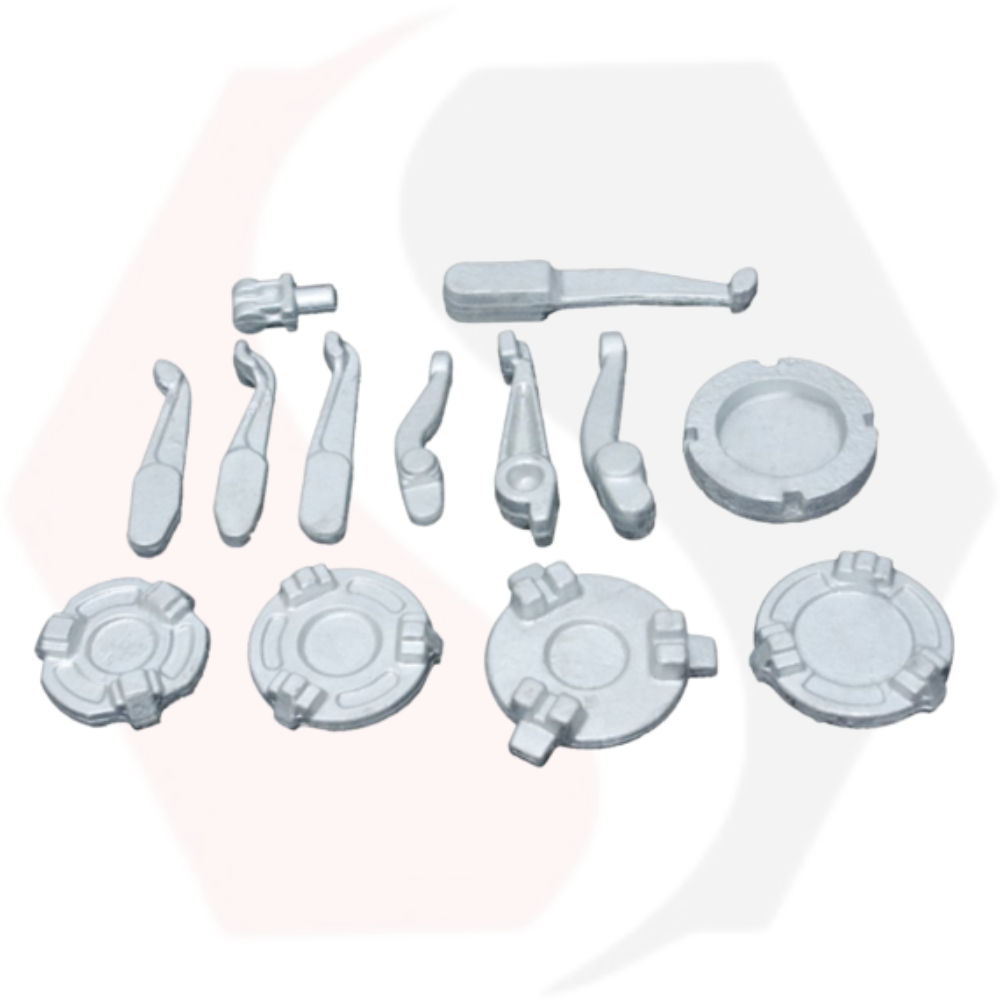

Price:
- 50
- 100
- 200
- 250
- 500
- 1000+
More Products in Forgings Category
Forged Coupling Pins
Price 90 INR / Piece
Minimum Order Quantity : 5000 Pieces
Material : Zinc
Process : Hot Forging
Application : Other
Technology : Forging
Forged Torque Arms
Price 77 INR / Piece
Minimum Order Quantity : 5000 Pieces
Material : Other
Process : Hot Forging
Application : Other
Technology : Forging
Forged Axle Yoke
Price 55 INR / Piece
Minimum Order Quantity : 5000 Pieces
Material : Other
Process : Hot Forging
Application : Other
Technology : Forging
Forging Beam Clamp
Price 70 INR / Piece
Minimum Order Quantity : 5000 Pieces
Material : Other
Process : Hot Forging
Application : Other
Technology : Forging

 Send Inquiry
Send Inquiry
